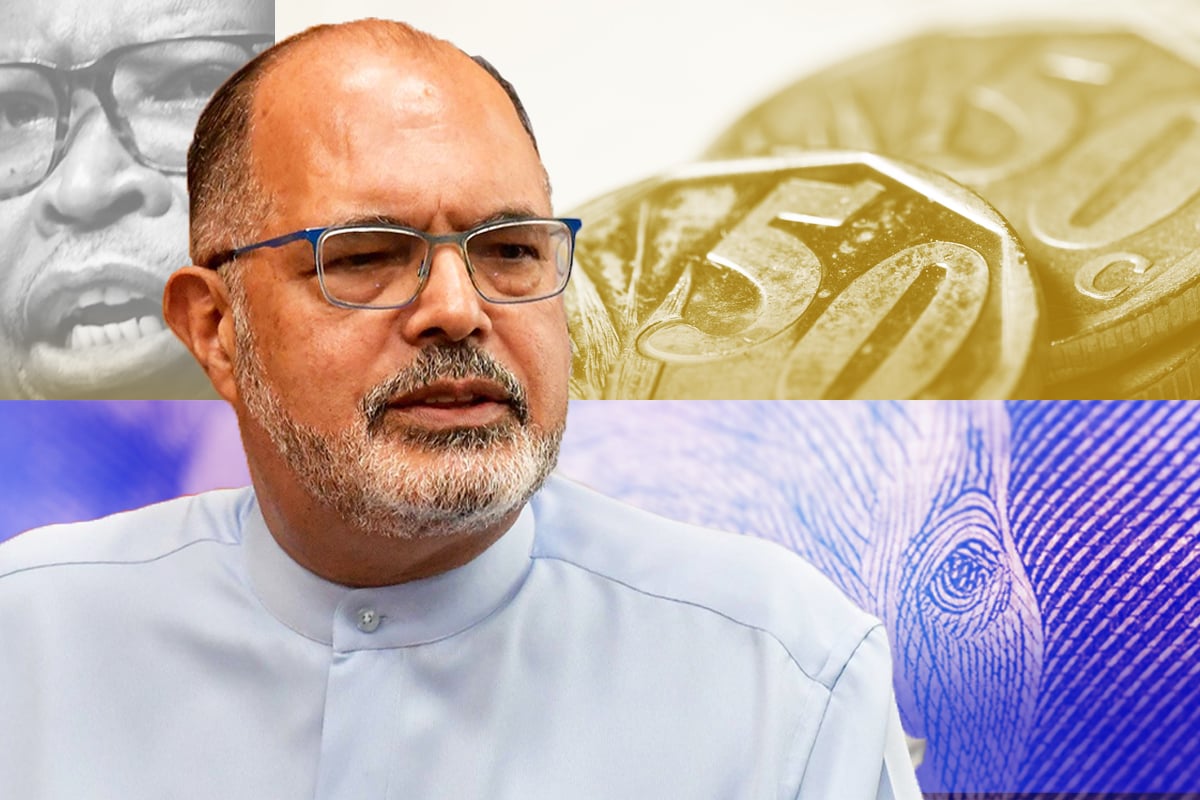Global Courant 2023-05-31 15:02:09
Illegal trade in South Africa leads to tax losses of nearly R100 billion a year, and prioritizing efforts to combat it – and the restrictive regulations that enable it – should be a fiscal imperative.
This is according to the report Transnational Alliance to Combat Illicit Trade (TRACIT) Organized Crime, Corruption and Illicit Trade: Spotlight on South Africarecently published by Business Unity South Africa (BUSA).
The report shows that South Africa faces challenges from illicit trade on multiple fronts, including but not limited to alcohol, cigarettes, fishing, mining, counterfeit electronics, pharmaceuticals, food and clothing.
The magnitude of the losses is staggering, as the report cites that the South African Revenue Service (SARS) estimates that illicit trade costs the South African economy R100 billion a year.
It added that, in terms of lost tax revenue, Business Leadership South Africa (BLSA) estimates that the country is losing about R250 million per day, which equates to R91.25 billion per year.
These estimates are consistent with global authorities’ estimates, with the OECD estimating losses at between R69 billion and R98 billion per year, or more than 1% of South Africa’s GDP, to illicit financial flows.
According to the report, the Covid-19 pandemic was one of the main reasons for the rampant trade in illegal goods.
“The pandemic presented illicit traders with ample opportunity to significantly expand their business as government shutdowns, bans and other restrictions disrupted markets and created shortages,” the report said.
During the pandemic, two industries saw a notable onslaught of illicit traders and their counterfeit goods: the alcohol and tobacco markets.
“In the case of alcohol and tobacco, government-enforced bans enabled criminal groups to exploit situational supply shortfalls and entrench and expand their positions in illicit markets,” the report said.
It added that SARS warned that the ban on the sale of alcohol and tobacco products during the COVID-19 lockdown allowed criminal networks to gain a foothold in the market and warned that it would take years to reverse the impact. make – but this was ignored.
Business Leadership South Africa estimated that the tobacco bans during the lockdown cost the government as much as R35 million a day in lost excise and other tax revenues.
According to the report, illicit cigarettes captured 54% of the tobacco market share, and it is estimated that the government lost about R6 billion in excise taxes on cigarette sales during the 20-week sales ban.
The tobacco company Philip Morris South Africa said illegal trade harms everyone except criminals. Money from illegal trade is also used to fund much more serious criminal activities.
To counter the negative impact of illicit trade, the government of South Africa has recently taken important steps to eradicate corruption.
It increased the number of successful cases against serious organized crime and claimed R8.2 billion in revenue from criminal and illegal economic activities in FY 2021/2022.
The government has also established a new border management authority to strengthen efforts against the importation of illegal goods into South Africa.
However, it may not be enough to address the growing problem of illicit trafficking, especially after the growth of the illicit trade in alcohol and cigarettes during the lockdown, the report said.
“At the structural level, there is not yet a strategic, overarching anti-trafficking framework with clear leadership responsibilities and accountability to guide the enforcement of existing laws or to coordinate responsibilities between agencies,” it said.
“If anything, this report has shown that more partnership, commitment and an effective policy response is needed,” said Philip Morris.
“It is important to strengthen cooperation between enforcement authorities, making it possible to identify suppliers of equipment, packaging and raw materials to close illicit trade at source,” it added.
“The report highlights valuable lessons and shows that crisis-driven regulation, however well-intentioned, can have unintended and long-lasting negative consequences for the economy and society by fueling illicit trade.”
A notable example of this is the new tax on vaping products that takes effect on June 1, 2023. As a result, nicotine replacement solutions, including vaping products, will be added to the tax grid at a fixed excise rate of R2.90/ml.
However, the new tax has been met with widespread condemnation from the vaping industry, arguing that the tax will do more harm than good – pushing consumers into illicit markets – and jumping on the gun as legislation for vaping products has yet to be enacted in the country . .
Read: Salaries in South Africa are taking a plunge – this is currently the average net wage








